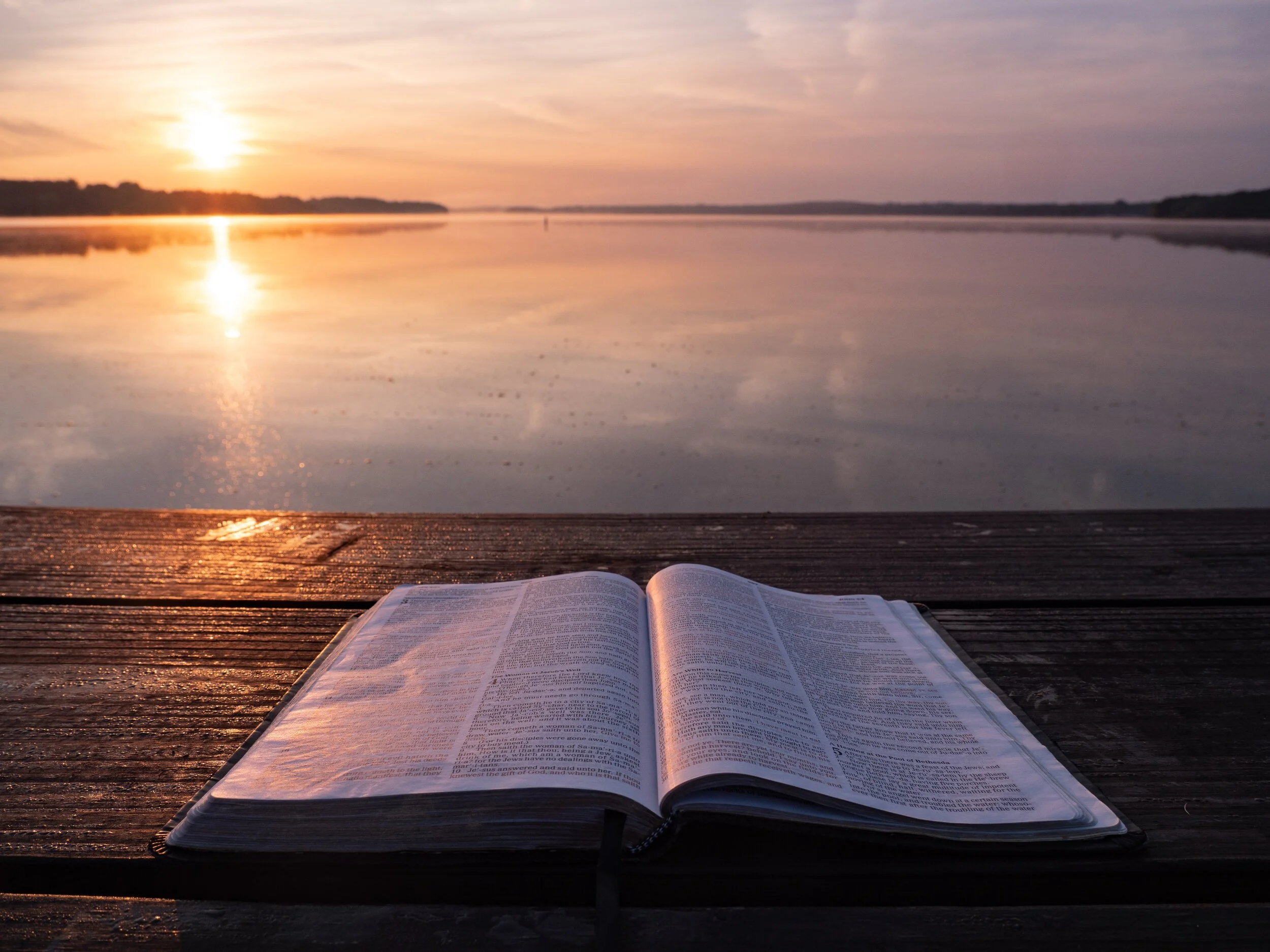“Now faith brings our hopes into reality and becomes the foundation needed to acquire the things we long for. It is all the evidence required to prove what is still unseen”. (Hebrews 11:1).
Many of us have experienced moments or even seasons of hopelessness in our lives. There are times when life overwhelms us and we have the desolating sense that some things can never be fixed. Such times of trial can turn our declaration from the triumphant, “nothing is impossible with God”, into a weary “nothing is ever going to change.” You might not voice it out loud, but many have come to expect that God will not answer prayer, never mind, Isaiah 64:1, “rend the heavens and come down”.
It might be sickness, death and loss, a broken marriage, or a broken ministry, where no matter what you do nothing seems to work. Or perhaps just a broken soul, where darkness has driven the light out from you. In the wreckage of that kind of brokenness, we feel justified in adopting a hopeless view of our life. We might even call our hopelessness realism. The bible has lots of those “realists” or more accurately - cynical characters. Cynicism is a killer of hope. The Bible has its Sarahs who laugh at God’s promise, its Elijah's who have eyes to see only God’s enemies and its Thomas’ who resign themselves to death. But we are called for more than that. As the people of God, you and I, are a people of hope. We are the kind who lock eyes with our world’s fundamental brokenness, size it up from head to toe, and still step into the ring.
Abraham looks at his barren wife and, “in hope he believed against hope, that he should become the father of many nations” (Romans 4:18). Ruth turns her eyes from a dead husband to a new country, and tells Naomi, “Where you go I will go, and where you lodge I will lodge”, (Ruth 1:16). Habakkuk sees the Babylonian hordes coming to destroy his people, and still he sings, “I will rejoice in the Lord; I will take joy in the God of my salvation”, (Habakkuk 3:18).
Micah collapses under the weight of his own sin, and yet he boasts, “When I fall, I shall rise; when I sit in darkness, the Lord will be a light to me”, (Micah 7:8). Each one of these people knew what it was to stand neck-deep in brokenness. They felt the tension between God’s promises and their seemingly hopeless circumstances. And yet they still chose to hope that God could give, “life to the dead and [call] into existence the things that do not exist”, (Romans 4:17). By faith, they banished despair as they grasped onto, “the assurance of things hoped for, the conviction of things not seen” (Hebrews 11:1).
In other words, they were people who saw reality as it really is.
Today the Lord says set your hope FULLY on my grace for you. No half measures or holding back. The greatest risk for you and I today is not to trust and believe God for enough! Do you want to reduce the God of the Universe, the all powerful, all mighty, eternal God to the level of our human understanding and personal experience? Walk in hope today. So how do we do this? Hope is a portion or part of faith. Faith and hope are overlapping realities: hope is faith in the future tense. So most of faith is hope.The Bible says, (Romans 10:17), "Faith comes by hearing and hearing by the word of God". This implies that hope, like faith, is also strengthened by the word of grace. Hope comes from reading his precious and very great promises and looking to Jesus who has made a way for us to walk in them!
Please remember to share this daily devotion with your friends, and if anyone wants to receive ‘Grace for Today’ directly then please just sign up via our website at www.exchangechurchbelfast.com
Unshakeable Hope Series – Exchange Church Belfast 2021

